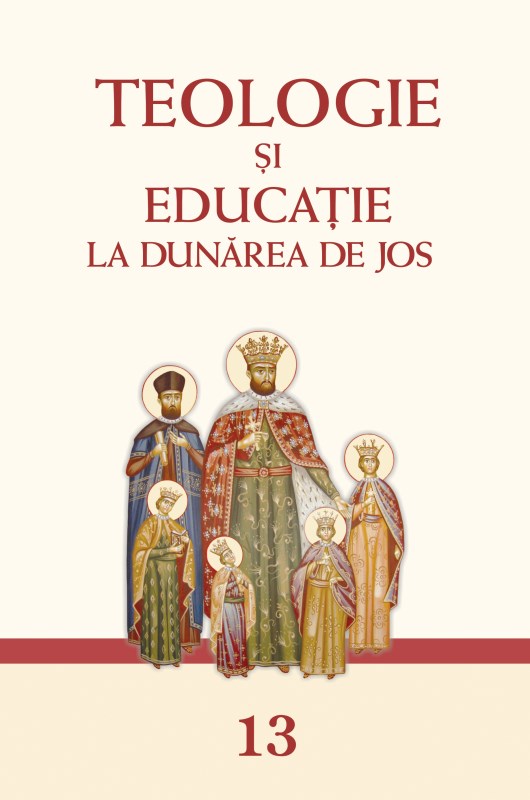Abateri liturgice și devieri canonice obsevate la săvârșirea Sfintei Euharistii
Liturgical deviations and canonical deviations observed at the Sacred Eucharist
Author(s): Nicolae D. NeculaSubject(s): Christian Theology and Religion, Theology and Religion
Published by: EDITURA ARHIEPISCOPIEI DUNĂRII DE JOS
Keywords: Holy Eucharist / Communion; The Divine Liturgy; deviations / non-canonical liturgical practices; sacrilege;
Summary/Abstract: Although the Holy Sacrament of the Eucharist is one of the most important sacraments of the Church, on its account there are a series of non-canonical liturgical deviations, which are made by some clergymen as performers and administrators of the Holy Mysteries, and by some believers, as recipients of them. The most important of these non‑canonical liturgical practices are service of the Holy Mysteries without the production, sanctification and transformation of the gifts of bread and wine mixed with water into the Holy Body and Blood of Jesus Christ the Saviour, the removal of “bits” for various needs of the believers, communion with prior preparation of the recipients of the Holy Sacraments by acquiring forgiveness of sins in the Holy Sacrament of Penance, by reconciliation with those whom are fighting with, too often or too rare Communion, prohibition from the Holy Communion for a long time, using several tablespoons or the personal tablespoon to administer the Holy Communion to the believers, so that they do not get contaminated with various diseases, communion of all the believers who take part at the celebration of the patron saint of the church, without confession, communion of the dying people who are unconscious, in a coma, to “guess” their fate as the Holy Communion “falls”, ie as the crumbs from the Holy Sacraments float in the wine poured into the teaspoon, communion for the deceased or superstition that it is not allowed to kiss the priest’s hand and the sacred objects and embracing the loved ones after Communion. These mistakes committed against the Holy Sacrament of the Eucharist are categorized in the deadly sins group, sins that are so heavy, that they must not in any way be encouraged, but consistently and strongly fought because they reached the doctrine fund of the Church and make ugly and distort the most important of the seven Sacraments of the Church, ie the Holy Eucharist.
Journal: TEOLOGIE ȘI EDUCAȚIE LA DUNĂREA DE JOS
- Issue Year: XIII/2014
- Issue No: 13
- Page Range: 243-252
- Page Count: 10
- Language: Romanian

